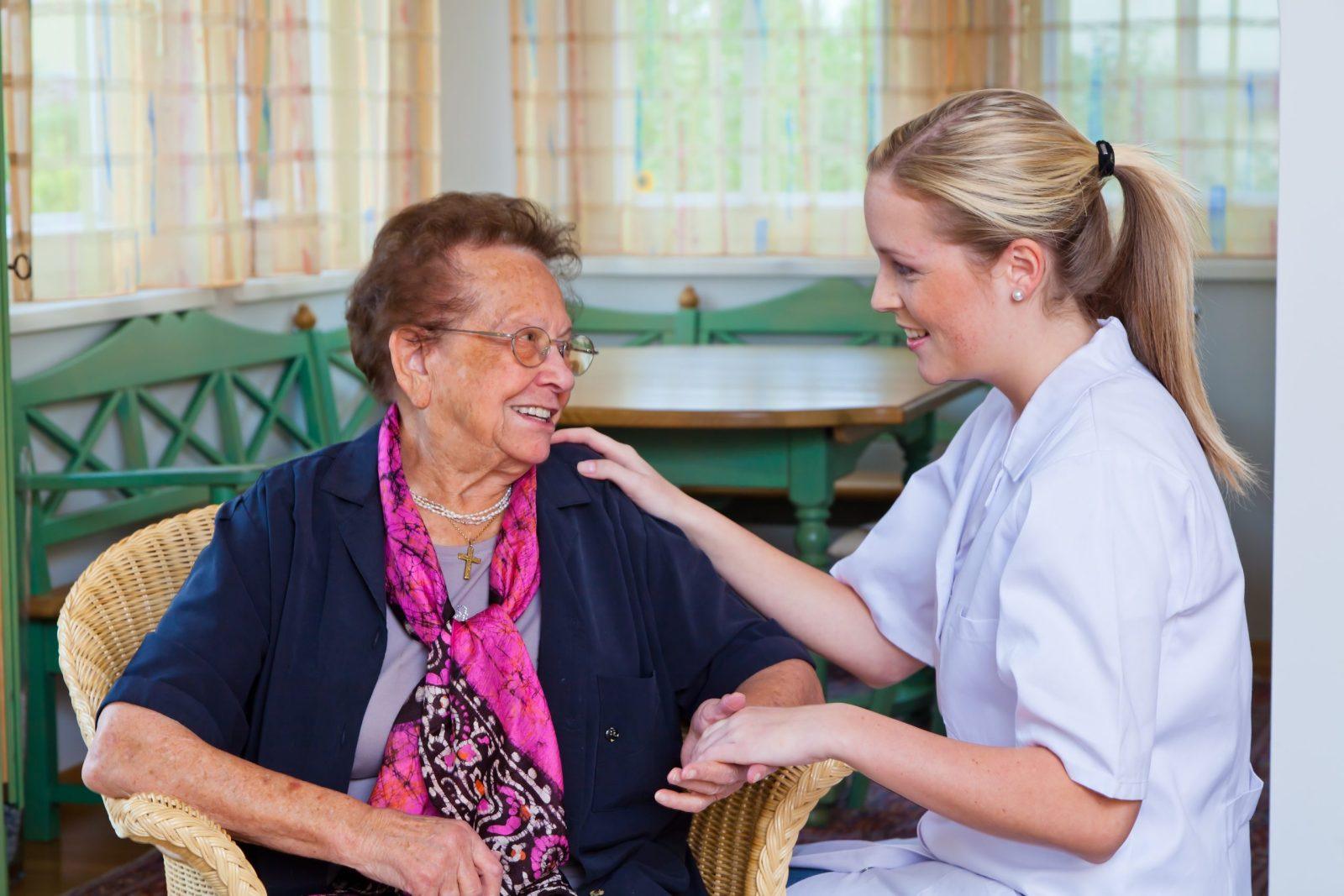The following Dressing, Grooming, and Bathing Training for CNAs educates certified nursing assistants (CNAs) on the significance of dressing, grooming, and bathing in maintaining the health of patients. Certified nursing assistants play a large role in caring for individuals who are in restorative nursing facilities, whether it is to help them relearn a skill, take care of themselves, and eat, among other tasks as well.
What you will learn:
- The importance of respecting patient privacy
- Correct techniques for assisting with dressing, grooming, and bathing
- Best practices for infection control while assisting patients with hygiene tasks
- Basics of skincare
- Tools to aid in the personal care process
Details
Course length: 30 minutes. CME: 0.5
Languages: American English
Key features: Audio narration, learning activity, and post-assessment.
American Medical Compliance is accredited by the Accreditation Council for Continuing Medical Education (ACCME) to provide continuing education to physicians. Our Continuing Medical Education (CME) program is committed to enhancing the knowledge, skills, and professional performance of healthcare providers to improve healthcare outcomes. Through high-quality educational activities, we aim to address the identified educational gaps to support the continuous professional development of our medical community. American Medical Compliance designates this activity for a maximum of 0.5 AMA PRA Category 1 Credits. Physicians should only claim this credit for their complete participation in this activity.
Get Certified
American Medical Compliance (AMC) is a leader in the industry for compliance, Billing, and HR solutions. To become certified, please visit us at American Medical Compliance (AMC).
Reach out for other courses by visiting the AMC Course Library.
The Role of CNAs in Personal Care
CNAs play a large role in maintaining a patient’s personal hygiene, especially if they can no longer do these tasks on their own. Hair care, for example, is something that those in restorative facilities may need help with as it is a vital part of a person’s hygiene routine. Nail care is another aspect of personal care that is important to the overall health of those in long-term care facilities. Nail care, like haircare, gives the patient a neat appearance while also helping to prevent them from scratching themselves. While these may seem like simple tasks, helping a patient feel better about themselves increases a person’s overall quality of life and helps maintain their personal hygiene.
Encouraging Patient Comfort and Dignity
Care would be more affordable, efficient, and in line with patients’ choices if HCP were informed about patients’ health-related preferences. Patients’ preferences must be stated and communicated to be used effectively in healthcare delivery. To receive the highest caliber of care, they should also communicate their opinions to the clinician throughout the consultation. Furthermore, care efforts need to be meaningfully informed by these claims for full patient satisfaction.
To learn more about the importance of a CNA in long-term care facilities, click the button below.



